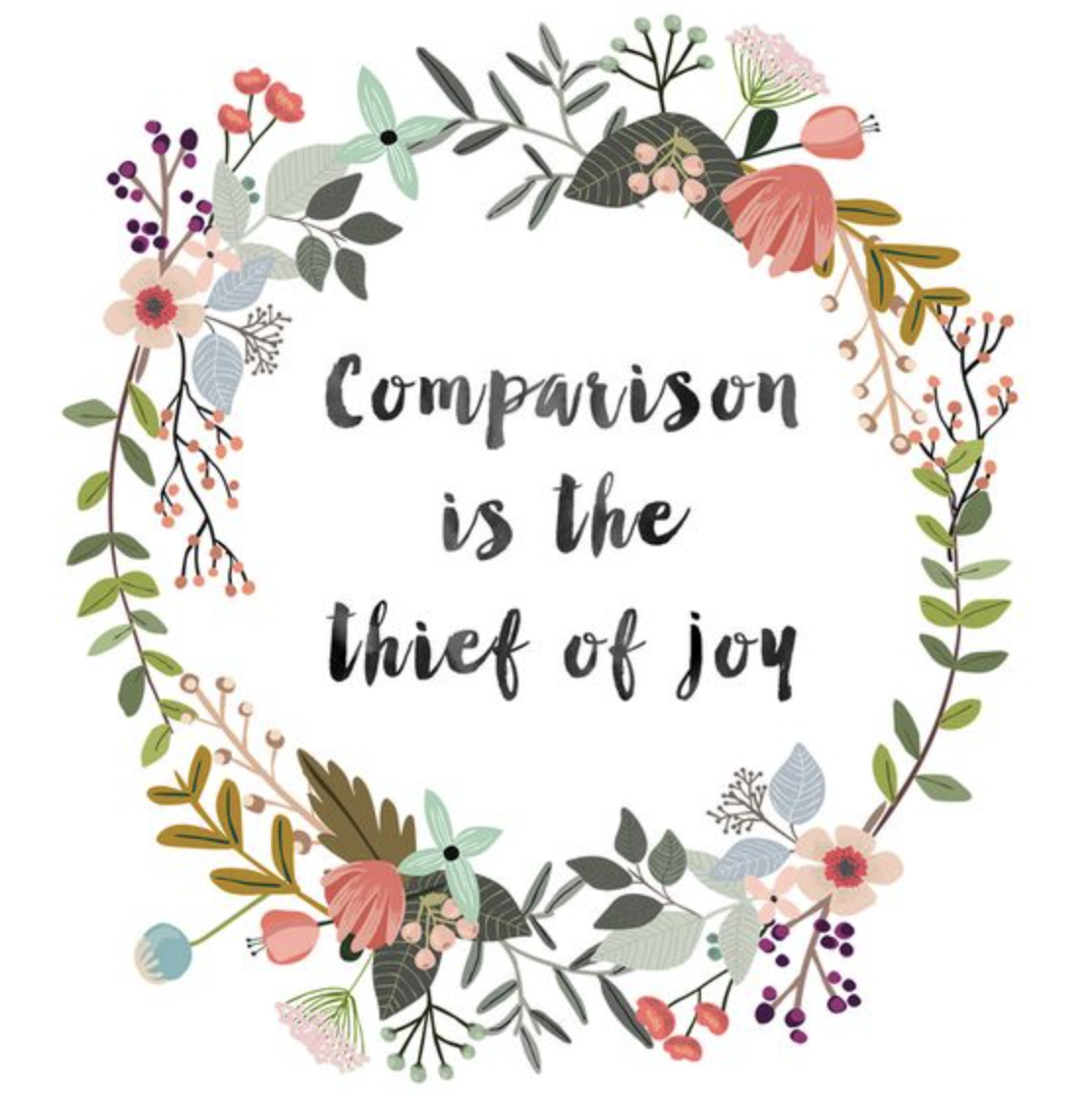In today’s fast-paced world, it’s too easy to fall into the trap of comparing ourselves to others. Whether scrolling through social media, watching friends achieve milestones, or simply reflecting on our lives, “comparison is the thief of joy” rings true. This article explores the implications of comparison, its effects on our happiness, and practical strategies to cultivate a more fulfilling life.
Understanding the Phrase
“Comparison is the thief of joy” is a powerful saying often attributed to Theodore Roosevelt. But what does it mean? This phrase highlights how comparing ourselves to others can lead to feelings of inadequacy, frustration, and unhappiness. Instead of celebrating our unique journeys, we measure our worth against someone else’s achievements.
The Psychological Impact of Comparison
When we engage in comparison, several psychological factors come into play:
- Low Self-Esteem: Constantly measuring ourselves against others can lead to feelings of inferiority. We might think, “I’ll never be as successful as they are,” which can diminish our self-worth.
- Increased Anxiety: The pressure to keep up with others can create anxiety. This is especially true in an age dominated by social media, where it seems everyone is living their best life.
- Negative Thought Patterns: Comparison often fosters a mindset focused on what we lack rather than appreciating what we have. This negative thinking can become a cycle that’s hard to break.
The Role of Social Media
In the digital age, social media plays a significant role in comparing ourselves to others. Platforms like Instagram and Facebook are filled with curated images and highlights of people’s lives, making it easy to feel like we’re falling behind.
Social Media and the Illusion of Perfection
Here’s how social media contributes to the notion that “comparison is the thief of joy”:
- Filtered Reality: Many users share only the best moments, often filtered to perfection. This creates an unrealistic standard that can distort our perception of reality.
- Highlight Reels vs. Real Life: It’s essential to remember that what we see online is often a highlight reel, not an accurate representation of someone’s day-to-day life. Everyone faces struggles, but those aren’t typically showcased.
- Validation Seeking: The desire for likes and comments can drive us to compare our popularity or success to others, fostering a cycle of discontent.
How Comparison Affects Our Joy
Engaging in comparison can lead to several negative outcomes that rob us of our happiness:
Eroding Contentment
When we focus on others’ successes, we often overlook our achievements. This can lead to:
- Dissatisfaction: Constantly feeling like we need to measure up can create perpetual discontent.
- Resentment: Instead of celebrating others’ victories, we might feel resentment, which only adds to our unhappiness.
Harming Relationships
The comparison doesn’t just affect us individually; it can also impact our relationships:
- Jealousy: Feeling envious of a friend’s success can create distance in friendships, leading to a breakdown of communication and trust.
- Competitive Mindset: Instead of fostering collaboration and support, comparison can breed competition, harming relationships.
Cultivating a Joyful Life Without Comparison
So, how can we shift our mindset and embrace a life free from the shackles of comparison? Here are some practical strategies:
Focus on Gratitude
One of the most effective ways to combat comparison is to practice gratitude:
- Daily Reflection: Take time each day to reflect on what you’re grateful for. This can help you appreciate your life without measuring it against others.
- Gratitude Journals: Keeping a gratitude journal can help you focus on the positives in your life, reinforcing a mindset of appreciation.
Set Personal Goals
Rather than looking at what others are doing, set your own goals based on your interests and values:
- Personal Benchmarks: Define success on your terms. Create benchmarks that are meaningful to you rather than comparing them to others.
- Celebrate Your Progress: Acknowledge and celebrate your achievements, no matter how small. This builds confidence and happiness.
Limit Social Media Exposure
If social media is a significant source of comparison, consider taking a break:
- Curate Your Feed: Follow accounts that inspire and uplift you rather than those that trigger feelings of inadequacy.
- Digital Detox: Taking a break from social media can help you reset your mindset and refocus on your journey.
Embrace Imperfection
Remember that no one is perfect, and everyone faces challenges:
- Accept Flaws: Embracing your imperfections can lead to greater self-acceptance and joy.
- Normalize Struggles: Talk about struggles openly with friends and family. This creates a support network and fosters authenticity.
The Power of Community
Building a supportive community can also help counteract the negative effects of comparison:
Surround Yourself with Positive Influences
- Choose Supportive Friends: Seek out friendships that encourage and uplift rather than those that foster competition.
- Engage in Group Activities: Join clubs or groups that share your interests. This can help you connect with like-minded individuals who appreciate you for who you are.
Share Your Journey
Open up about your experiences and challenges:
- Vulnerability Strengthens Bonds: Sharing your struggles can foster deeper connections with others and create a sense of belonging.
- Learn from Each Other: Sharing stories allows you to learn from one another, turning comparison into inspiration instead.
Conclusion
In a world where comparison is rampant, it’s essential to remember that “comparison is the thief of joy.” We can create a more fulfilling life by recognizing the negative impacts of comparison and actively working to cultivate gratitude, set personal goals, limit social media exposure, and embrace imperfection. Surrounding ourselves with a supportive community can further enhance our joy and reinforce the idea that our unique journeys are worth celebrating.
So, the next time you compare your life to someone else’s, take a step back. Reflect on your achievements, focus on your goals, and remember that your journey is uniquely yours. By shifting your mindset, you can reclaim your joy and live a happier, more contented life.
